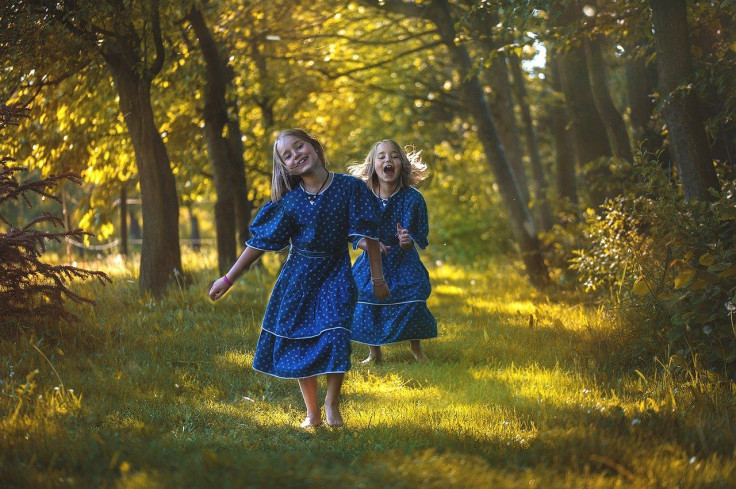Love Nature? It May Partially Be Genetic, Twin Study Finds
KEY POINTS
- Researchers conducted the survey on over a thousand pairs of twins
- They found that people's nature orientation, experiences may be partially heritable
- Environmental influences also shape people's nature experiences
Some people have strong desires to experience nature while others aren't particularly keen on it. In a study of twins, researchers found that differences could be partially explained by genetics.
For their study, published Thursday in the journal PLOS (Public Library of Science) Biology, the researchers had a closer look at the extent that genetic and environment factors can explain the variation in people's nature orientation (their desire to experience nature), opportunity, and experience (visits to nature spaces).
"Despite the importance of understanding what determines individual variation in nature experience, the role of genes has been overlooked," the study revealed.
To do this, researchers conducted a survey on 1,153 sets of adult twins whom they recruited from the TwinsUK registry. They surveyed the participants about their nature experience, asking them to rate their familiarity and desire to be in nature as well as how frequently they visit natural spaces, PLOS noted in a news release.
Interestingly, scientists found that identical twins were actually more similar in their nature orientation and how frequently they visited nature than fraternal twins. By comparison, identical twins share almost 100% of their genes, while fraternal twins only share about 50%.
This suggests that people's nature orientation and experiences with the outdoors may partially be explained by genetic influences.
"We estimate moderate heritability of nature orientation (46%) and nature experiences (48% for frequency of public nature space visits, 34% for frequency of garden visits, and 38% for duration of garden visits) and show their genetic components partially overlap," the researchers wrote.
On the other hand, the researchers also found that environmental factors can explain "more than half" of the individual variations in people's nature experiences.
"The environmental factors influencing nature experience may include, among others, the travel time and distance to the nearest nature space and the quantity and quality of nature that is accessible to the individual," the researchers wrote. "But these environmental factors for nature experience do not necessarily associate with those influencing nature orientation, as noted by their low but positive environmental correlations."
For instance, those who live in a more urban environment may have less nature experiences because of the limited access to it, showing the importance of providing access to good quality natural spaces in urban planning.
According to the researchers, the study provides the "first evidence" of genetic influences on people's nature orientation and experiences. Understanding such experiences are particularly important as they have been associated with people's physical and mental well-being.
"Spending time in nature links to better health and wellbeing," study lead Chia-chen Chang of the National University of Singapore , said in the PLOS news release. "A twin study shows that a person's desire to be in nature and how often they experience it are influenced by both genes and personal experiences."

© Copyright IBTimes 2025. All rights reserved.






















